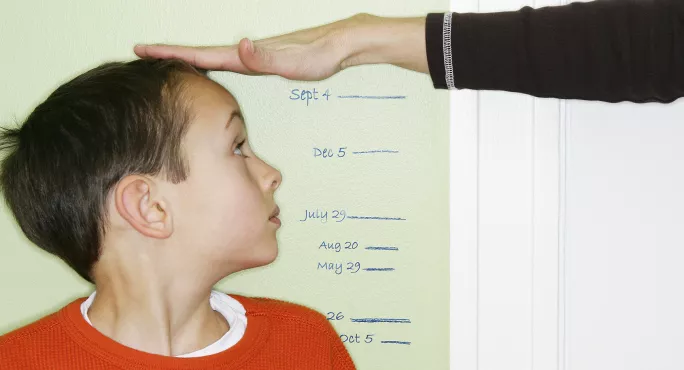More than a third (36 per cent) of primary school senior leaders have said preparing for Sats leads to difficulty recruiting and retaining Year 6 teachers.
And a majority of leaders (70 per cent) surveyed by Teacher Tapp for the campaign group More Than a Score said they would like to see Sats scrapped.
Only three per cent of leaders who responded to the survey agreed that Sats are a good measure of school performance, and only four per cent agreed they are a reliable way to measure pupil progress.
The sector is facing a teacher recruitment and retention crisis - and while primary has been less adversely affected than secondary, the National Foundation for Educational Research predicted in March that only 83 per cent of the target for primary teacher recruitment would be reached this year.
The government has set a target to recruit 6,500 more teachers.
Sats ‘are unreliable and unfair’
The survey findings also showed that more than three-quarters of leaders say preparing for Sats puts unnecessary pressure on staff, leads to narrowing of the curriculum, and encourages teaching to the test.
Highlands Primary School and Uphall Primary School executive head Kulvarn Atwal said Sats are the “wrong way” to measure school performance.
“They are unreliable and unfair. Schools should not be judged on how well 10- and 11-year-olds do in GCSE-style exams and children should not be subjected to unnecessary pressure just before they move to the next phase of their education.”
The curriculum and assessment review commissioned by the government is currently underway, and will look at the balance of assessment across key stages.
As part of the review, the group will look at ensuring equity for children with special educational needs and disabilities (SEND) and children from socioeconomically disadvantaged backgrounds.
Leaders ‘see the harmful effects’ in classrooms
More than two-thirds of leaders (67 per cent) surveyed said they believe that Sats disadvantage children with SEND, and more than half (54 per cent) said that they disadvantage children from more deprived backgrounds.
The majority of leaders (80 per cent) said they agree that the ideal primary curriculum and assessment system should focus on teaching a “broad, rich” curriculum throughout the whole of primary.
Additionally, 42 per cent of leaders said they agree that assessment should be for internal monitoring rather than external accountability, and 53 per cent said it should allow pupils with SEND or from disadvantaged backgrounds to show their full potential.
More Than a Score spokesperson Alison Ali said: “School leaders must be listened to. They see the harmful effects of the current system day after day and year after year in their classrooms.”
The Department for Education was contacted for comment.
Teacher Tapp surveyed 986 primary school heads and members of the senior leadership team in October 2024.
For the latest education news and analysis delivered every weekday morning, sign up for the Tes Daily newsletter




